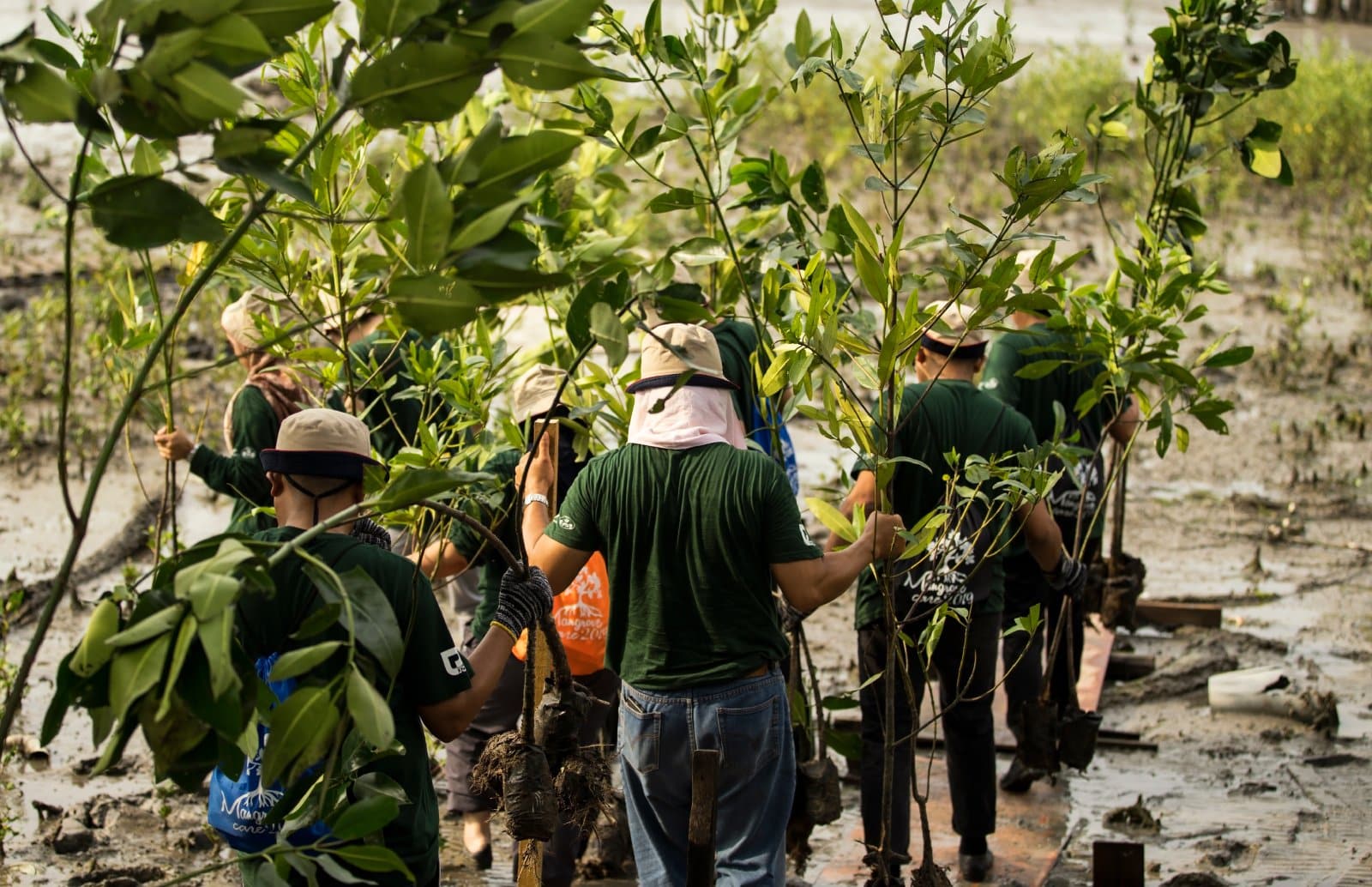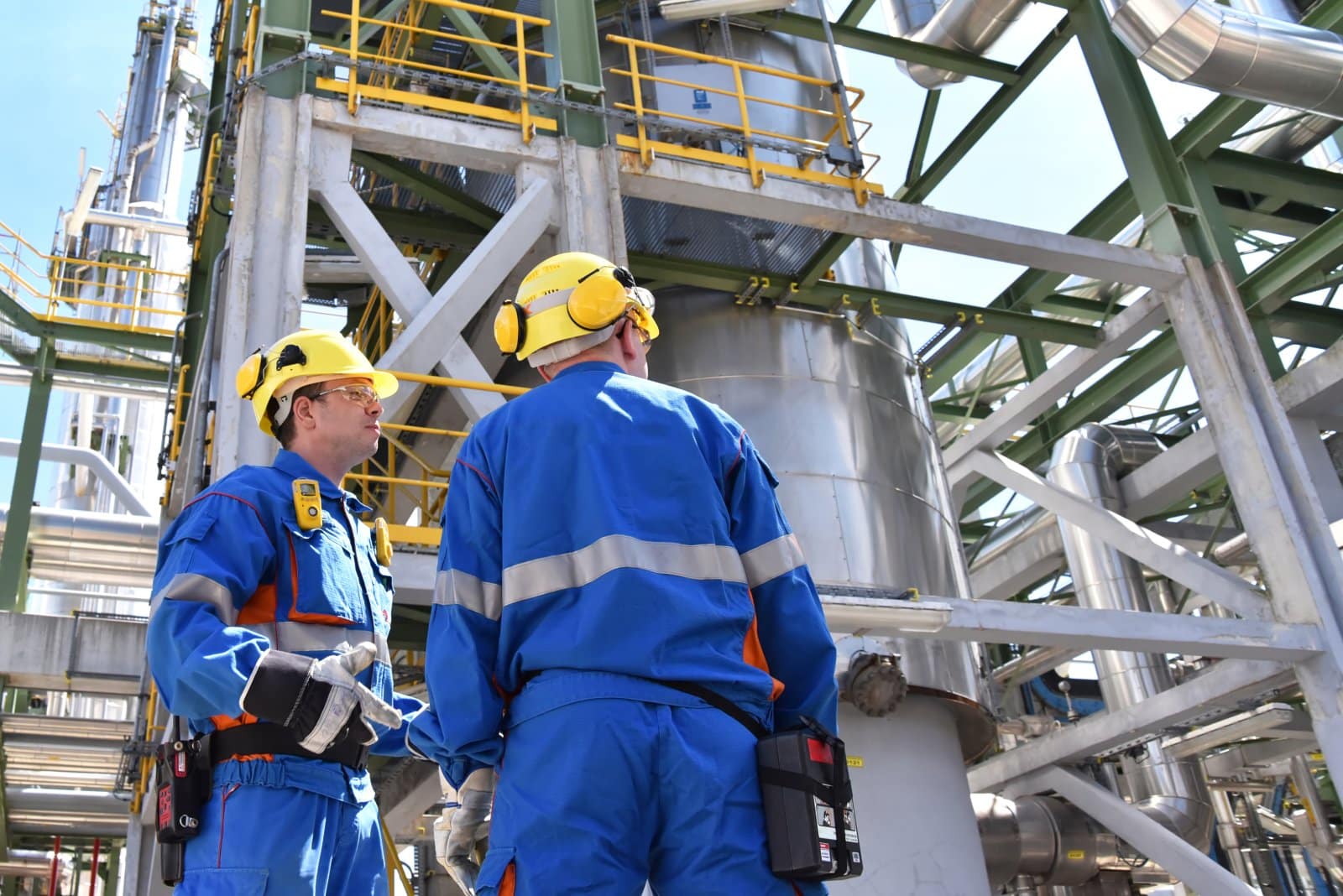Carbon offsets are gaining legitimacy and momentum, which can be appealing to new potential investors. While these projects can be a great way to make a positive environmental impact and generate financial income, understanding the potential risks and benefits of the climate offset industry is important.
What are Carbon Offsets?

Carbon offsets are projects designed to reduce greenhouse gasses, balancing out emissions from other sources. They provide a way for companies to lower their environmental impact while still contributing to sustainability.
Growing Investor Interest

With the growing climate crisis, carbon offsets have attracted the interest of investors. They seem to promise environmental benefits and potential financial gains, making them an appealing option.
Shift on Wall Street

Climate financing has had the support of Wall Street for a while. However, even with this interest, the market has struggled to take off for a few years. Now, carbon offsets seem to be making a comeback, which is an exciting prospect for Wall Street backers.
Recent Policy Boost

The Biden administration recently endorsed carbon credits, which is a big deal for the future of the market. This decision indicates that they are legitimate and could drive more investment and development in the sector.
Types of Carbon Offset Projects

Offset projects come in various forms, including reforestation, renewable energy, and methane capture. Each type offers unique benefits and challenges for potential investment.
Reforestation Efforts

Reforestation involves planting trees to absorb carbon dioxide from the atmosphere. While simple in theory, the success of this method depends on factors like tree survival rates and local environmental conditions.
Investing in Renewable Energy

Renewable energy projects, such as wind and solar, reduce reliance on fossil fuels to power our lives. These projects can provide steady returns in the long run but they require a large initial investment.
Capturing Methane

Methane capture traps the greenhouse gas before it’s released as an emission. This method is often used to upgrade landfills and farming facilities. Methane can be used to produce electricity, but the process is difficult and requires careful management.
Assessing Projects

Evaluating whether an offset project can continue to develop is important to deciding whether the investment is worth it. Necessary considerations could include the project’s location, technology, and the experience of the management team.
The Need for Verification

Oftentimes, verification by a third party guarantees that offset projects follow through on their promised benefits. Verified projects are more likely to be successful and achieve their environmental goals.
Historical Performance

The success of past climate credit projects has been mixed. While some have achieved significant environmental benefits, others have failed due to poor management or unrealistic projections.
Prominent Offset Projects

Notable projects have been both successful and unsuccessful. The Kasigau Corridor REDD+ project in Kenya has been a success story for reducing deforestation and aiding local communities, while a well-known forest protection effort in Zimbabwe fell apart and became a source of scandal.
Financial Considerations

Investors should consider the financial aspects of a project, such as potential returns, tax incentives, and the risks of project failure. Understanding these elements is necessary for making informed decisions.
Impact of Regulations

The environment of regulations can heavily influence the success of carbon offset projects. It’s important for investors to stay aware of relevant policies and regulations.
Market Demand for Offsets

As more companies aim to reduce their carbon footprint and gain favor in the public eye, the demand for carbon offsets is rising. This increasing demand can enhance the value of offset projects.
Technological Progress

Technological advancements can enhance the effectiveness of offset projects. Staying updated on innovations can help investors to identify promising opportunities.
Broader Impacts

Investors should consider the broader social and environmental impacts of the offset projects as well. Projects that benefit local communities and ecosystems are often more sustainable and successful.
Ensuring Long-Term Sustainability

Long-term sustainability is critical to making investments worth it. Investors may wish to consider the maintenance and monitoring of projects in their decisions.
Transparency and Reporting

The reporting practices of projects are also important for investors. Clear transparency and regular reporting from investments are essential for building trust.
Diversifying Investments

Diversification is essential to managing risk in carbon offset investments. By spreading investment across various projects, investors can have more stability and reduce their connection to any single project’s failure.
Future Prospects

The carbon offset market seems to be heading toward growth. As awareness and demand continue to rise, the market could continue expanding, offering investors more opportunities to make a positive impact while benefiting financially.
Remote No More: 19 Companies Returning to the Office

As the pandemic wanes, companies are recalling remote workers back to the office, sparking debates on fairness, costs, and convenience. However, there are also notable productivity, coworking, and mental health benefits to consider. Feeling the effects of these changes? Remote No More: 19 Companies Returning to the Office
8 Costco Must Buys and 8 to Leave Behind

Ever wandered Costco’s aisles, questioning if that giant jar of pickles is a real bargain? Or debated buying tires where you get your rotisserie chicken? Welcome to the definitive guide to Costco shopping—a journey to save money, prevent regrets, and offer quirky insights into bulk buying. 8 Costco Must Buys and 8 to Leave Behind
23 Reasons Texas Is the Next Big Thing

Texas is becoming a beacon of opportunity, blending cultural heritage with economic growth. From its landscapes to its industries, the Lone Star State offers a dynamic lifestyle. Here are 23 reasons why Texas stands out, attracting entrepreneurs, artists, tech professionals, and families seeking new beginnings. 23 Reasons Texas Is the Next Big Thing
15 Top Sites to Sell Your Unwanted Goods Besides Craigslist

Selling your unwanted items can declutter your space and boost your income. While Craigslist is popular, there are many alternatives with unique features and wider audiences. Explore these 15 Craigslist alternatives for selling everything from furniture to electronics, finding the perfect platform to turn clutter into cash. 15 Top Sites to Sell Your Unwanted Goods Besides Craigslist
Work from Anywhere: 19 Companies Still Supporting Remote Work

Tired of commuting and craving work flexibility? You’re not alone. Many companies now offer remote work, benefiting both employees and employers. Ever wondered how this shift could enhance your work-life balance? Work from Anywhere: 19 Companies Still Supporting Remote Work
The post – Do Carbon Credits Actually Help the Environment or Just Ease Corporate Guilt? – first appeared on Liberty & Wealth.
Featured Image Credit: Pexels / Gustavo Fring.
The content of this article is for informational purposes only and does not constitute or replace professional financial advice.

